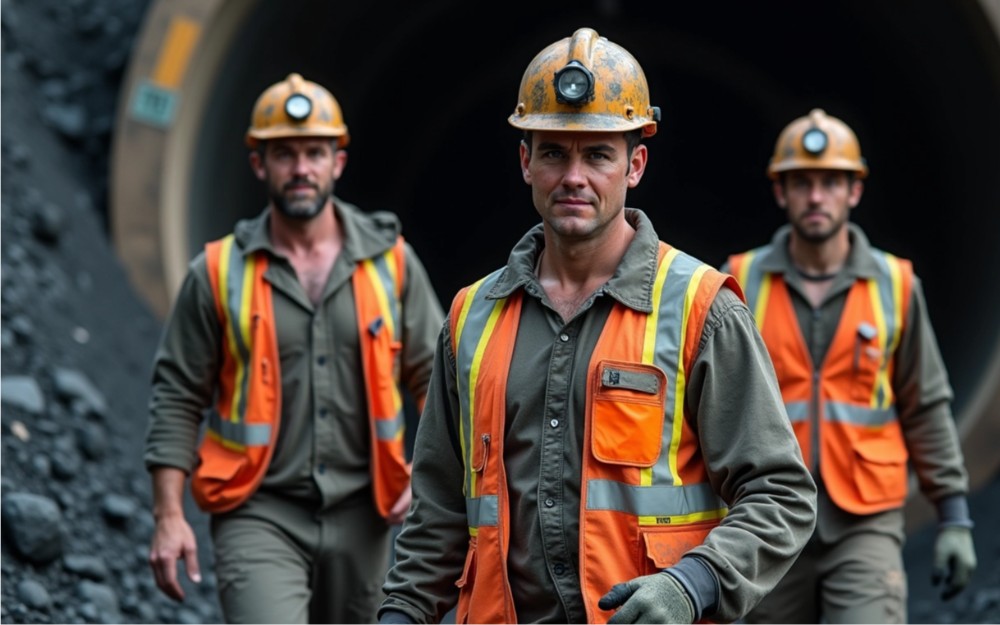Medical cannabis has gained increasing acceptance as a treatment option within the NSW workers’ compensation system. Since it’s legal availability in Australia in 2016, its use has been cautiously integrated due to its classification as a “high-risk medication” by the State Insurance Regulatory Authority (SIRA), alongside opioids and benzodiazepines. This classification reflects both its therapeutic potential and the need for careful oversight. In recent years, more injured workers have explored medical cannabis as a way to manage their conditions, leading to greater interest in how it fits into the workers’ compensation framework.
This guide covers key aspects of medical cannabis in NSW workers compensation, including prescribed conditions, treatment benefits, landmark legal cases, common claim denials, and important considerations for injured workers.
Understanding the Evolving Role of Medicinal Cannabis (Therapeutic Marijuana) for Work Injuries
Legal Entitlement to Compensation for Medical Cannabis Under NSW Law
Injured workers seeking compensation under the NSW Workers Compensation Scheme have a legal entitlement for insurers to cover reasonably necessary medical expenses under Section 60 of the Workers Compensation Act 1987 (NSW). This provision ensures that injured workers can access essential treatments, including prescribed medicinal cannabis when deemed necessary for their recovery.
However, the reasonableness of medical treatments under Section 60 has long been a subject of legal interpretation. The Personal Injury Commission (PIC) regularly assesses whether specific treatments—including medical cannabis—meet the legal threshold of being “reasonably necessary” under the Act. These determinations impact whether insurers are obligated to fund cannabis-based therapies as part of an injured worker’s compensation claim.
Given the evolving acceptance of medical cannabis in pain management and mental health treatment, legal disputes frequently arise over whether cannabis prescriptions should be covered under workers compensation. The following sections explore how landmark legal cases have shaped access to medical cannabis and how injured workers can navigate potential claim disputes.
Prescribed Conditions and Injuries: When Is Therapeutic Cannabis Recommended?
Medical cannabis in NSW can be prescribed for a range of work-related conditions, particularly those that are chronic or difficult to treat with traditional treatments. These conditions may include both physical injuries and mental health disorders.
Physical Injuries and Chronic Pain Management
Workers who have suffered physical injuries may benefit from medical cannabis treatment, especially if they experience persistent pain that does not respond to other pain management methods. Conditions commonly treated with medical cannabis include:
- Chronic back and spine injuries.
- Complex regional pain syndrome (CRPS).
- Musculoskeletal conditions, such as carpal tunnel syndrome or tendonitis.
- Neuropathic pain, which arises from nerve damage from crush injuries.
Mental Health Conditions and Psychological Support
Eligible mental health conditions include:
- Post-Traumatic Stress Disorder (PTSD)
- Depression
Many injured workers experience both physical and psychological conditions, such as chronic pain leading to depression or anxiety. Medical cannabis can address both, supporting overall recovery and improving quality of life.
Landmark Legal Cases Influencing Cannabis Use in NSW Workers Compensation
Several significant legal cases have influenced the understanding and application of medical cannabis in NSW workers compensation, including:
French v Harwood Slipway Pty Ltd & Others [2022] NSWPIC 473
French v Hardwood Slipway, Mr French, a boat builder, sustained a back injury at work in 2019. After conventional treatments failed, he was prescribed medical cannabis in 2020. Although his insurer initially denied coverage, the Personal Injury Commission (PIC) ruled in Mr French’s favour. Key points from this case include:
- Medical cannabis significantly alleviated Mr French’s chronic back pain.
- Cannabis effectively treated his psychological symptoms, which had developed as a result of the injury.
- The treatment provided better results than opioids and other pain medications without adverse side effects.
- The insurer’s concerns about the limited body of evidence were dismissed in favour of Mr French’s demonstrated improvements.
Matthew Clark v Department of Transport [2020] NSWWCC 210
In this case, Mr Clark, who had suffered a motor vehicle accident at work in 1988, was left with severe, long-term pain. After being prescribed medical cannabis, the (PIC) Personal Injury Commission (known then as the Workers Compensation Commission), ruled that it provided substantial benefits:
- 30% improvement in pain management.
- 30-50% improvement in sleep and function.
- 50% reduction in the need for other medications, including opioids.
- Long-term effectiveness.
Common Reasons for Denial of Medical Cannabis Claims
Workers seeking medical cannabis as part of their workers’ compensation claim may face denial. Common reasons include:
- Insufficient medical evidence: Insurers may deny claims if there is a lack of documented failed treatments or insufficient proof that medical cannabis has been effective.
- Workplace safety concerns: Insurers may be concerned about potential impairment in safety-sensitive roles, such as operating machinery or driving.
- Cost-effectiveness: Medical cannabis can be expensive, and insurers may question whether its benefits justify the costs, particularly in comparison to alternative treatments.
- Incomplete documentation: Missing medical records or specialist opinions can lead to claim denials. It is essential to have comprehensive, well-documented evidence supporting the necessity for medical cannabis.
- Treatment plan concerns: Insurers may question the clarity of treatment duration or ongoing monitoring protocols. They may require more details about the planned treatment regime to assess its appropriateness.
Important Considerations for Injured Workers Using Medicinal Marijuana
Workers considering medical cannabis as part of their treatment plan should be aware of several important factors that could affect their claims.
Workplace Restrictions and Drug Testing Policies
- Impairment and Workplace Policies: Cannabis may impair tasks like operating machinery, requiring potential job adjustments. Workers must also be aware of their employer’s drug testing policies, as positive results could lead to consequences, even if the cannabis is prescribed for medicinal use.
- Treatment Monitoring: Regular medical reviews are necessary to assess cannabis’ effectiveness and adjust the dosage or type as required.
- Legal Considerations: Workers must ensure their cannabis use is legally prescribed and inform employers, particularly if it affects job performance.
- Treatment Limitations: Cannabis isn’t suitable for all conditions and may interact with other medications.
Monitoring, Dosage, and Legal Compliance
In some cases, a doctor may need to refine dosages over time to optimize results and ensure compliance with SIRA guidelines. Always maintain open communication with your treating physician to document medical necessity.
Potential Interactions and Treatment Limitations
While medical cannabis can be beneficial, it may not suit every condition or interact safely with certain prescriptions. Always review possible interactions and contraindications with a healthcare professional.
Moving Forward: The Future of Medical Cannabis in NSW Workers Compensation
As acceptance of medical cannabis grows, the NSW workers’ compensation system continues to adapt to incorporate this treatment into its offerings. Workers seeking coverage for medical cannabis treatment should ensure they provide comprehensive documentation and work closely with their medical providers to demonstrate the treatment’s effectiveness.
How Our NSW Workers’ Compensation Lawyers Can Help with Your Medical Cannabis Claim
Our experienced Sydney Compensation Lawyers are here to guide you through the entire claims process. With in depth knowledge of the workers’ compensation system, we can help you build a strong case, challenge denials, and navigate any legal complexities involved. Workers Compensation claims are funded by the Independent Review Office (IRO), meaning that injured workers do not pay legal costs where funding is approved.
If you need assistance with your medical cannabis claim, contact one of our Compensation Lawyers Sydney for expert advice and support.







